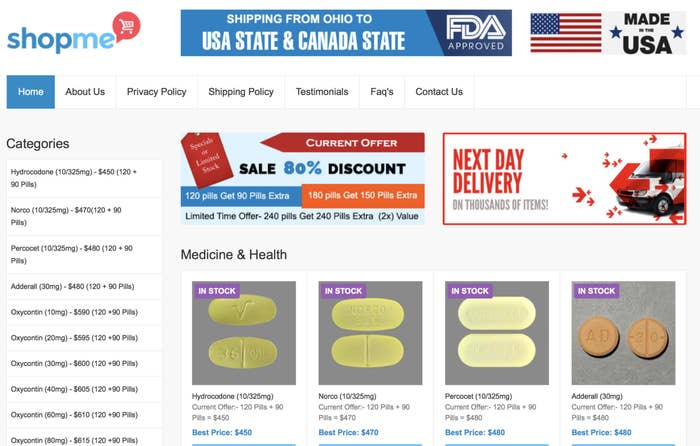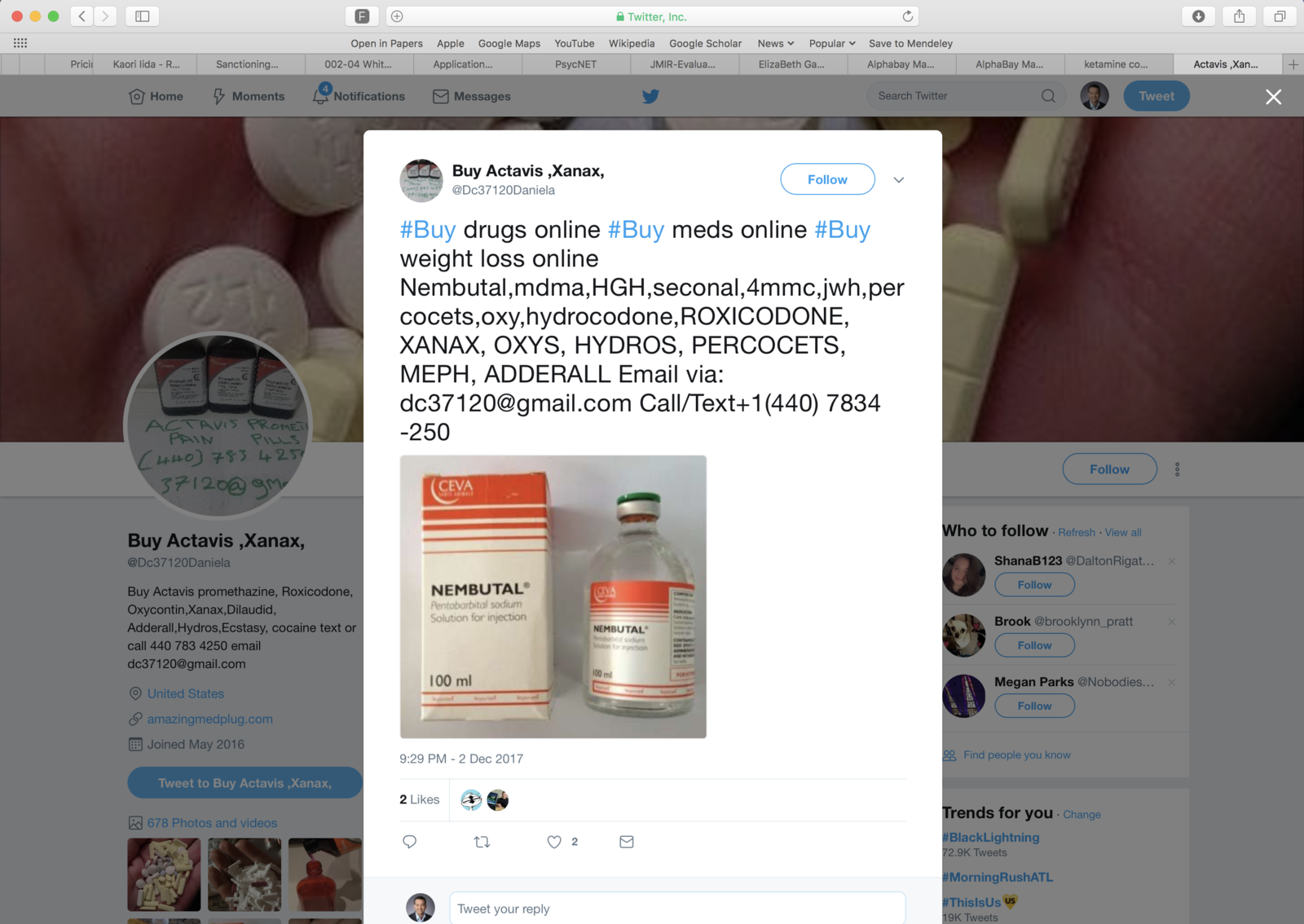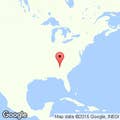
The head of the Food and Drug Administration is calling for internet giants such as Facebook, Google, Reddit, and Yahoo to crack down on online pharmacies selling opioids — particularly forms of fentanyl — now blamed for a nationwide fatal overdose crisis.
“Internet firms simply aren’t taking practical steps to find and remove these illegal opioid listings,” FDA chief Scott Gottlieb told the audience at the National Rx Drug Abuse and Heroin Summit on Wednesday, in a speech given ahead of former president Bill Clinton.
Gottlieb named names — “Twitter, Facebook, Instagram, Reddit, Google, Yahoo, and Bing” — in his remarks, decrying how they have failed to police illicit sales of opioid drugs. With fentanyl, an opioid 50 times more potent than heroin, now turning up widely in Drug Enforcement Administration seizures of overseas mail containing narcotics, Gottlieb warned that internet firms are facilitating sales and shipments by “Bitcoin, Western Union, MoneyGram, PayPal, credit cards, and even prepaid gift cards.”
The move by the FDA adds to widening frustration with internet firms, beset by privacy violation concerns and increasing calls for oversight in hearings next week. A recent US Senate investigation identified seven people who died from illicit fentanyl bought from online pharmacies.
There are 35,000 digital pharmacies online at any given time, 96% of them operating illegally.
There are 35,000 digital pharmacies online at any given time, 96% of them operating illegally, according to the Alliance for Safe Online Pharmacies (ASOP), a pharmaceutical industry nonprofit. About 3,400 sell opioids without a valid prescription, with search results often steering people to the sites.
“These sales are moving to social media because those listings are less policed than search results,” Timothy Mackey, a researcher at the University of California, San Diego, told BuzzFeed News. In a December American Journal of Public Health study, Mackey and colleagues looked at illicit sales of prescription opioids on Twitter, finding almost 1,800 listings — 46 of them active years after their initial posting.
Internet firms have been reluctant to police illegal narcotics sales because of concern it will “open the floodgates” to having to police everything on their platforms, Mackey added, and to liability lawsuits for illegal sales they miss. “The public health case in the opioid crisis goes beyond those concerns, I think, where there is a good business case, beyond their social responsibility, for doing some good here.”
Marjorie Clifton of the Center for Safe Internet Pharmacies, a nonprofit funded by internet service providers and tech firms, told BuzzFeed News that the industry is “well aware” of the problem of illegal online sales and has already taken steps to block counterfeit pharmacies.
“It requires a crazy amount of policing to just stay on top of it all,” Clifton said, with some fake online pharmacies making $1 million a day, and resurfacing in new locations as soon as they are shut down. She noted the bulk of illicit opioid pain pills seized by the Drug Enforcement Administration are diverted from legitimate prescriptions, typically friends and family of drug users, not online sales.
Facebook told BuzzFeed News that it removes content that facilitates drug sales and cooperates with law enforcement requests.
“Any time we become aware of content on Facebook that is facilitating activity like drug sales, we remove it and have taken numerous measures to minimize the opportunity,” company spokesperson Erin Egan told BuzzFeed News in a statement responding to Gottlieb’s speech. “We look forward to continuing to work with all partners on this issue.”
Reddit relies on its forum moderators to police illegal sales, but also has a monitoring team and an “Anti Evil” coding team to make changes to its platform aimed at curtailing illegal activities, company spokesperson Anna Soellner told BuzzFeed News.
“Moving forward, we are prohibiting transactions that are either illicit or strictly controlled. Communities focused on such transactions and users who attempt to conduct them will be banned from the site,” Soellner said in a statement.
"The Twitter Rules prohibit people from using our platform for unlawful purposes or in furtherance of illegal activities, and we have longstanding policies against ads for the promotion or sale of illegal drugs," Twitter spokesperson Emily Horne sent in a statement to BuzzFeed News. "With other tech companies, we have met with officials to discuss ways we can support U.S. government efforts to fight the opioid crisis."
Google, Yahoo, and Microsoft (Bing’s parent company) did not respond to requests for comment.

In September, the FDA announced a crackdown on 500 online pharmacies selling opioids and other prescription drugs illegally. Gottlieb’s statement goes beyond individual investigations of online pharmacies, ASOP’s Libby Baney told BuzzFeed News, pointing to a crackdown on platforms themselves, making them responsible for changing their algorithm to automatically remove illegal pharmacies in the same manner as child pornography is policed.
Gottlieb said he was meeting with social media leaders next week to hash out how to crack down on illegal online sales of pharmaceuticals, with another meeting next year to track their progress. He called on search engine providers such as Google and Bing to provide information on addiction treatment and drug safety alongside search engine results linked to opioid painkillers or fentanyl.
“I want to believe the tech community is getting the message that voluntary compliance promises and ‘just trust us’ isn’t good enough anymore,” Baney said. “They have the tools to do this.”
UPDATE
This story has been updated with a statement from Twitter.

